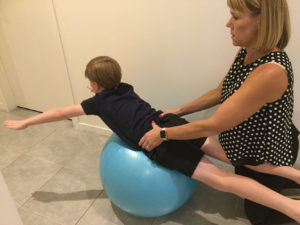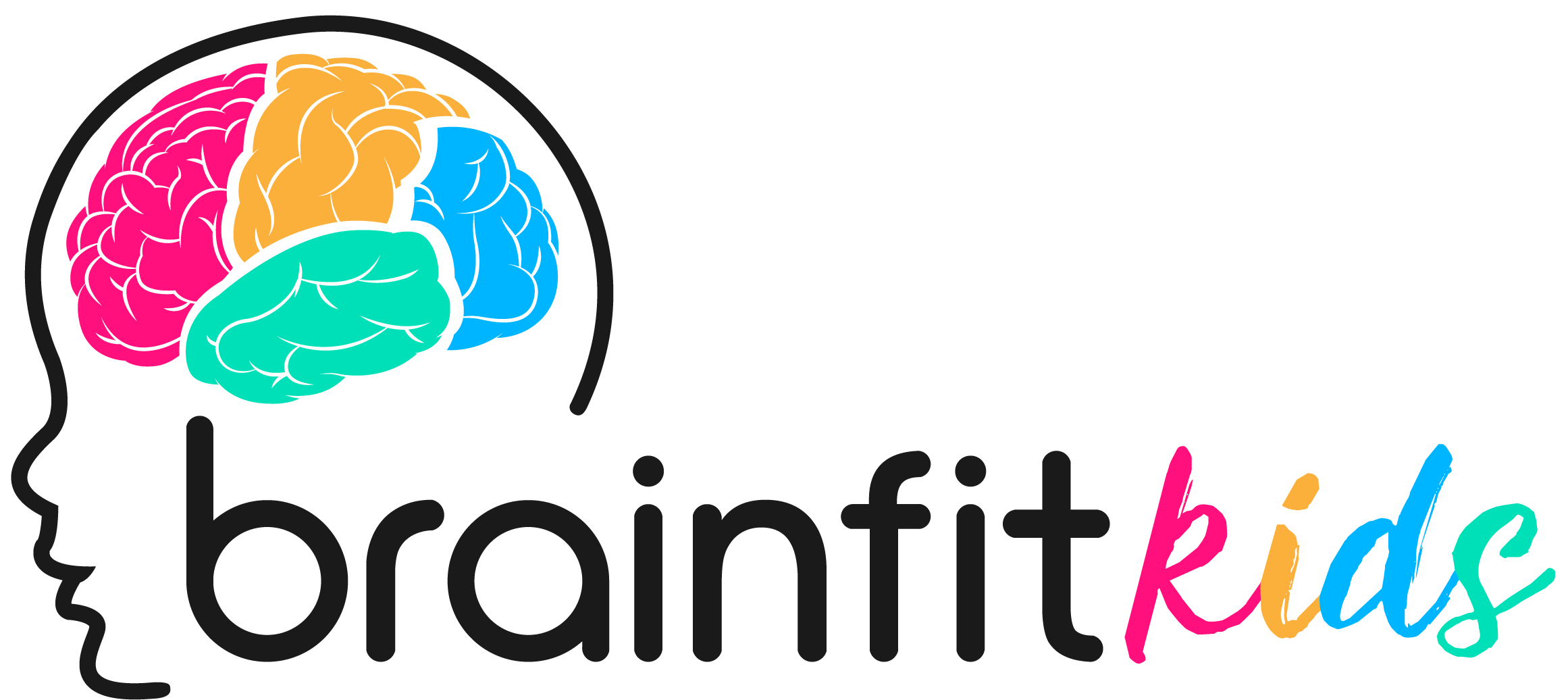Healthy Brain Balance is essential to your child's development
Dr Michelle Scholten, owner of Lower Plenty Chiropractic Clinic, practices with a strong focus on neurodevelopment in children.
Michelle is also a mother of 4 children and developed a passion for neurodevelopmental health when her 3-year-old son was showing signs of Autism.
Michelle went on a desperate search to find answers and to understand why some children seemed to have developmental issues such as autism, ADHD, sensory processing problems, problems with movement and co-ordination as well as learning challenges such as dyslexia and dysgraphia whilst others didn’t and seemed to be able to breeze on through school life.
Healthy brain development
As a human brain grows – billions of new connections are formed. Between birth and 3 years; a child’s brain develops 700 new connections per second.
Early brain development is a crucial foundational step in life and early intervention is critical if things are ‘not on track’.

What is a brain imbalance?
Sometimes a ‘brain imbalance’ can occur where the right and left sides of the brain do not work efficiently and synchronously together. This may also be referred to as a functional disconnection syndrome.
This does not mean that a child has a disease or pathology; but it does mean that the brain’s processing and thinking is not efficient or running smoothly.
Symptoms of a brain imbalance
- Sensory sensitivity/over reactivity to loud noises, bright lights, touch e.g. hates having hair brushed or the feel of clothing labels
- Excessive anxiety and meltdowns that are not age appropriate
- Poor impulse control, is easily frustrated, anger and temper tantrums which are not normal compared with peers
- Excessive fidgeting and can’t sit still
- Poor concentration and focus on a task
- Difficulties with hand-eye co-ordination (especially noticeable with ball games)
- Poor balance and excessive clumsiness
- Difficulty crossing the midline of the body
- Poor manual dexterity and fine motor skills in the hands for their age: difficulty holding a pencil, utensils, or cutting with scissors or poor handwriting in a school aged child.
- Lack of eye contact or social connection with others
- Motion sickness
- Toe walking
- Poor posture, slumping/ difficulty sitting up straight at the table
- Excessively timid or shy
- Or alternately too friendly and often invades others’ space creating social difficulty

Why may these things be occurring?
These are all symptoms of a brain imbalance where one side of the brain is often underdeveloped and underactive compared with the other.
Exercises and care to release areas of restriction or underactivity in the system can be used to activate and balance the body.
These things can improve your child’s movement, learning and social development.
Does your child display the symptoms of brain imbalance?
Get in touch for more information or to make an enquiry
Disclaimer: The information provided on this website is for informational purposes only and does not substitute for professional medical advice.
Please contact a medical professional or other healthcare provider if you are seeking medical advice, diagnoses or treatment.
